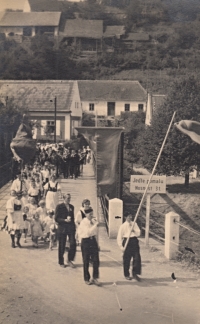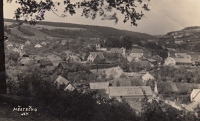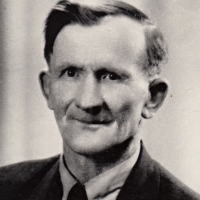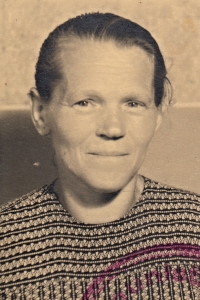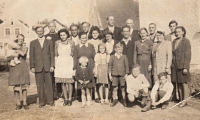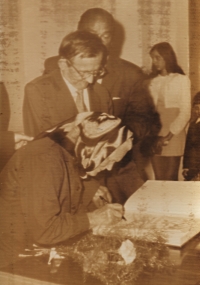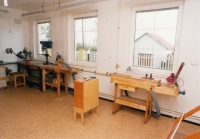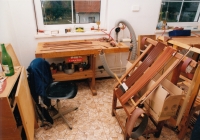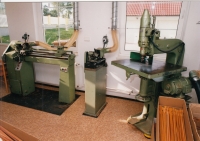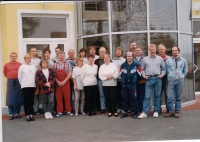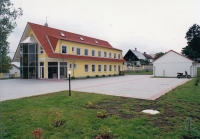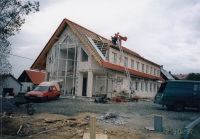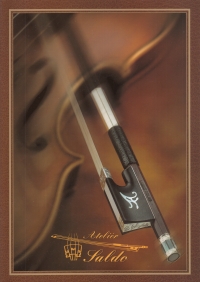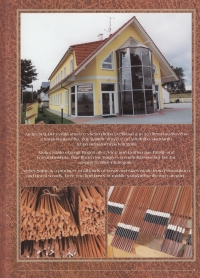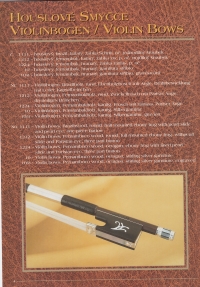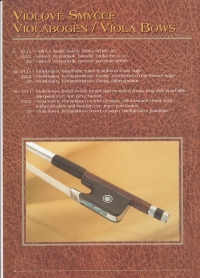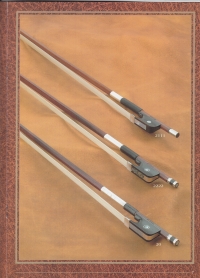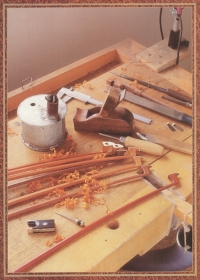If a person wants to, they can do anything
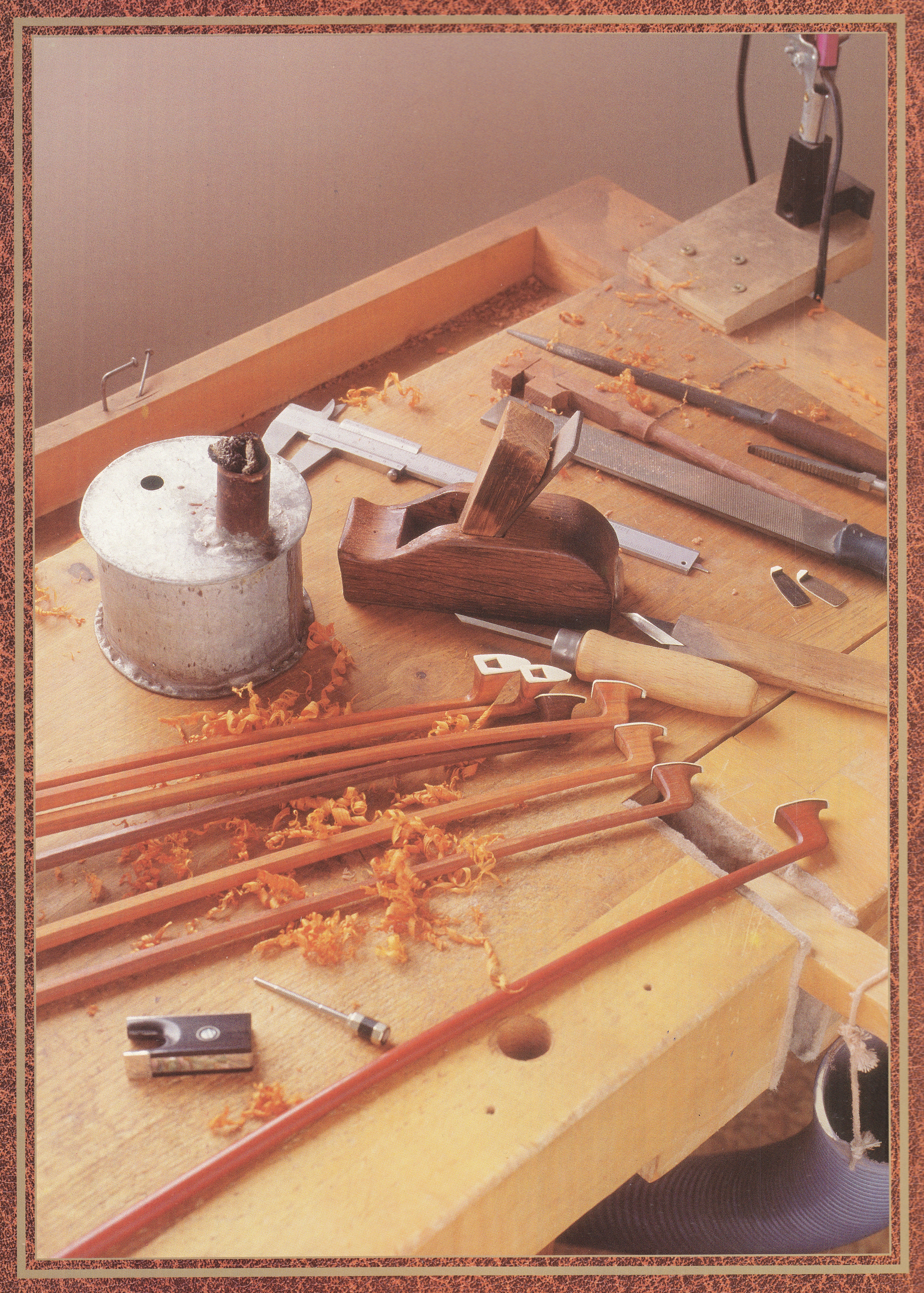
Stáhnout obrázek
Jarmila Odlasová was born on 27 March 1943 in the small village of Městečko in the Křivoklát region. Her father Emanuel Kratina worked in agriculture. Mum Marie, née Koubová, was a cook and nanny in the mill of Ing. Pišvejc. After the end of World War II, her parents responded to the call to settle the abandoned border area and moved to Holetice in the Doupovské hory in the Karlovy Vary region. The father bought a farm from the Germans and started farming there, raising cattle and horses. The farmers had to pay compulsory levies, for which they received vouchers for food, clothes and the like. Jarmila had to walk several kilometres to school, and the train stop was even further away. A carriage was used to go to the shop. When Doupovsko became part of the newly built military area, the family moved to Luby near Cheb. Dad got a job as a watchman at the Cremona musical instrument factory, and Mom cooked in the school cafeteria. After elementary school, the witness decided to help her aging parents, and instead of further studies, she joined Cremona. She worked there in administration until the Velvet Revolution, as did her future husband Otakar Odlas. With the advent of freedom, she decided to go into business. She and her husband built SALDO, a company that produces top quality violin bows. Mrs Odlasová remained in charge of the company after her husband‘s death. In 2024, Jarmila Odlasová lived in Luby.
